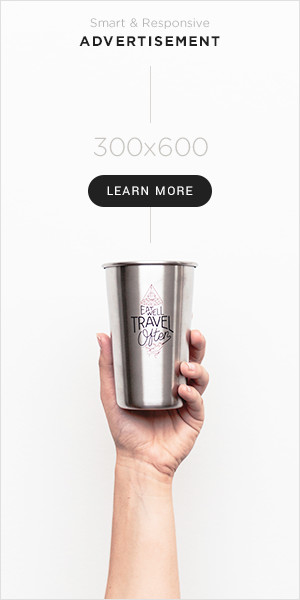The ways on how to prevent pimples from forming will be discussed in this article. The body’s oil glands that attach to hair follicles become irritated, resulting in acne, a skin condition. Pus-filled pimples, which are tiny, red bumps, result from this procedure. These often develop on the shoulders, back, chest, and face.
Your likelihood of getting pimples can be affected by a number of things, including but not limited to the following:
Hormone imbalances: An increase in androgens (also known as male sex hormones), which cause sebaceous glands to grow and generate more oil, may cause acne.
Family history: You can be more prone to outbreaks if acne runs in your family.
Medication: Because some drugs (such corticosteroids and lithium) have a tendency to cause hormonal imbalance.
Age: Although acne can affect people of any age, it is more prevalent in teenagers because of the hormonal changes brought on by puberty.
The following risk factors may also make acne / pimple worse:
Diet: It’s possible that some diets, such as those with plenty of oil, sugar, or dairy, can make acne symptoms worse.
Cortisol is released when there is a lot of stress. Increased levels of this hormone may affect skin inflammation and cause more breakouts.
Cosmetics: Some skincare items, including face makeup, can block pores and eventually irritate the skin.
How To Prevent Pimples From Forming
On this skin, pimples can develop anywhere. Although the specific reason for them is unknown, both genetic and environmental factors are quite important. In light of this, a variety of methods can be used to lessen the severity of acne or even get rid of pimples completely.
*Apply Salicylic Acid
Salicylic acid, a beta hydroxy acid, is frequently suggested for treating acne because it keeps pores clear. It is present in a number of over-the-counter and prescription drugs. It lessens a buildup that causes breakouts by dissolving dead skin cells.
Salicylic acid is a powerful acne treatment, but it can also have undesirable side effects, including mild burning, stinging, irritation, and/or skin dryness. Additionally, it is necessary to communicate with your healthcare provider before adding this product to your skincare routine.
*Apply Benzoyl Peroxide
Another popular component for treating acne that is easily accessible over-the-counter is benzoyl peroxide. It functions by eliminating microorganisms beneath the skin, which eventually lessens clogged pores. If your acne is inflamed, your doctor may suggest this medication (i.e. red and swollen).
Due to its ability to remove oil, benzoyl peroxide’s main drawback is that it can cause skin to become dry and irritated. Additionally, it can result in hair bleaching and fabric discoloration, both of which are less serious side effects but still warrant caution.
*Wash Your Face Twice Daily
Washing your face twice a day can be really beneficial, unless your skin is extremely dry all the time. By doing this, you may get rid of any debris or oil that accumulates on your skin throughout the day. To prevent irritation and preserve hydration, be sure to moisturize and wash with a mild, unscented soap.
*Avoid Touching Your Face
As a general rule, you should refrain from touching your face because doing so can spread bacteria and filth from your hands to your skin. This may result in clogged pores, which in turn bring in outbreaks. Similarly, you should refrain from attempting to pop your pimples. This behavior not only delays healing but also increases the risk of scarring.
*Avoid Heavy Make-up
Wearing multiple cosmetics, such as foundation and concealer, may make acne worse, especially for people with sensitive skin. However, this does not mean that you should stop wearing makeup altogether. Additionally, keeping track of substances and noting any that irritate your skin could be a useful habit. Applying your makeup with clean hands and rinsing your brushes will also help stop the spread of bacteria to your face.






















